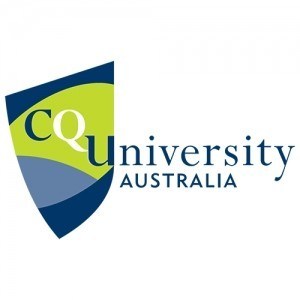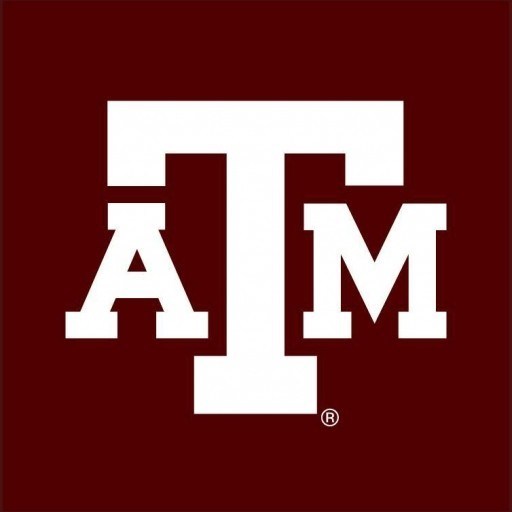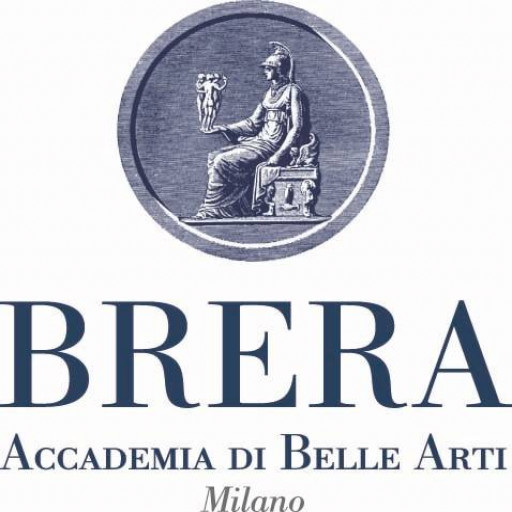The Master of Arts in Professional Communication at Royal Roads University is a comprehensive and dynamic graduate program designed to equip students with advanced skills and knowledge in strategic communication, storytelling, and digital media. This innovative program emphasizes practical applications and contemporary communication practices essential for leadership roles in diverse professional settings. Through a flexible online delivery model combined with immersive residencies, students have the opportunity to collaborate with peers and industry experts, enhancing their professional network and learning experience. The curriculum covers core areas such as communication theory, strategic planning, media literacy, content creation, and audience engagement, enabling graduates to develop targeted communication strategies for complex organizational challenges. The program also offers specialization tracks that allow students to focus on areas like corporate communication, public relations, or digital media. Emphasizing ethical considerations and cultural awareness, the MA in Professional Communication prepares students to effectively manage communications in a globalized world. Graduates of this program will be equipped to lead communication initiatives, influence public opinion, and drive organizational change in sectors such as government, non-profit, business, and education. With a focus on experiential learning, students undertake projects, case studies, and internships that provide real-world experience and prepare them for immediate contribution in their careers. Overall, the Master of Arts in Professional Communication is tailored to meet the evolving demands of the communication industry, fostering innovative thinking, strategic decision-making, and compelling storytelling skills necessary for success in today's fast-paced media landscape.
Program Overview
The Professional Communication program at Royal Roads University is designed to equip students with advanced skills in strategic communication, leadership, and organizational development. This interdisciplinary program combines theoretical foundations with practical application, preparing graduates to excel in various professional settings. Throughout the program, students will engage with a diverse range of topics, including communication theory, stakeholder engagement, digital media strategies, crisis communication, and intercultural communication. The curriculum emphasizes the development of critical thinking, ethical decision-making, and innovative communication practices to address complex challenges faced by organizations today.
Students will have opportunities to participate in real-world projects, internships, and collaborative initiatives, allowing them to apply their knowledge in authentic contexts. The program fosters a strong understanding of how to craft compelling messages, manage communication channels effectively, and analyze audience needs to influence positive change. Emphasis is also placed on leadership skills, ethical practices, and the importance of diversity and inclusion in communication strategies.
Designed for working professionals and aspiring leaders, the Professional Communication program offers flexible delivery options, including online and blended learning formats. This flexibility allows students to balance their education with personal and professional commitments while engaging with faculty members who are experts in their fields. Graduates will be well-prepared to assume roles such as communication managers, public relations specialists, content strategists, organizational consultants, and other leadership positions across a broad spectrum of industries.
The program's comprehensive curriculum, combined with the university’s emphasis on experiential learning, ensures that students acquire both the theoretical insights and practical skills necessary to lead effective communication initiatives. Upon completion, alumni will be equipped to influence organizational success, foster stakeholder relationships, and drive innovation through strategic communication practices. This dynamic program is ideal for those seeking to advance their careers and make a meaningful impact within their organizations and communities.
Program Requirements: The Royal Roads University Professional Communication program is designed to equip students with advanced skills in strategic communication, content development, digital media, and leadership. Applicants typically must hold a bachelor’s degree from an accredited institution, demonstrating academic competency and relevant experience in communication or related fields. Work experience in communications, marketing, public relations, or media industries may be considered in lieu of formal academic prerequisites. Prospective students are required to submit an application form, official transcripts, a resume detailing professional experience, a personal statement outlining career objectives and motivation for pursuing the program, and two reference letters from professional or academic sources. English language proficiency must be demonstrated through tests such as TOEFL or IELTS if the applicant's native language is not English. Certain programs may require a portfolio of written work or a video presentation as part of the application process. International students must also provide proof of financial support and adhere to immigration requirements. Once admitted, students must complete a set of core courses covering topics such as strategic communication planning, media relations, digital storytelling, and communication ethics. Additionally, participants engage in practical projects, internships, or capstone assignments that integrate theory with practice. Attendance at scheduled sessions, active participation in class discussions, and timely submission of assignments are mandatory. The program emphasizes experiential learning and professional development, requiring students to develop a comprehensive communication strategy project or similar deliverables. Graduation requirements include successfully passing all coursework, maintaining a minimum cumulative grade point average, and completing a capstone project demonstrating mastery of professional communication principles.
The Professional Communication program at Royal Roads University offers a variety of financing options to support students in their academic pursuits. Tuition fees are established annually and can vary depending on the program's specifics and course load. Students are encouraged to explore financial aid opportunities such as scholarships, bursaries, and awards provided by the university, which are undergraduate and graduate-specific. Additionally, Royal Roads University participates in provincial and federal student assistance programs, allowing eligible students to access loans and grants to help cover tuition and living expenses.
International students, if applicable, should investigate international student scholarships and work-study opportunities that may be available. The university also offers flexible payment plans to ease financial burdens, enabling students to pay tuition fees in installments over the duration of their studies. Veterans and active military personnel may have access to specialized funding options, including military educational benefits, which can significantly offset costs. Additionally, many students secure external funding through government grants or private organizations aligned with their professional development goals.
Furthermore, the university provides guidance and resources through its financial aid office to help students identify and apply for appropriate funding sources. Work opportunities on-campus, including part-time roles and internship programs, can supplement students' income during their studies. It's important for students to plan their finances carefully and consider all available options early in their academic journey to ensure a smooth educational experience without financial hardship. Overall, the combination of institutional support, external funding sources, and personal planning makes financing a Professional Communication degree at Royal Roads University accessible to a diverse range of students seeking professional growth in communication fields.
The Professional Communication program at Royal Roads University is designed to prepare students for effective communication roles across a wide range of professional settings. This program emphasizes the development of advanced writing, editing, and communication skills, enabling graduates to lead communication initiatives, develop strategic messaging, and manage communication projects within various organizations. The curriculum integrates theoretical foundations with practical applications, ensuring students are equipped with the necessary skills to adapt to the dynamic landscape of professional communication.
Throughout the program, students explore various communication mediums, including digital media, corporate communications, stakeholder engagement, and public relations. They learn to craft compelling narratives, communicate complex information clearly and concisely, and utilize various tools and technologies to enhance message delivery. The program also emphasizes leadership and ethical considerations in communication, preparing students to act responsibly and ethically in their professional practices.
Royal Roads University's approach combines online instruction, real-world projects, and experiential learning opportunities, allowing students to apply their knowledge in practical settings. The program is suitable for professionals seeking to advance their careers in communication, marketing, public relations, or related fields. It offers flexibility for working individuals through its blended learning format, making it accessible to students across different locations.
Graduates of the Professional Communication program are well-positioned to pursue careers as communication specialists, content strategists, corporate communicators, and media relations managers. The program also provides a strong foundation for those interested in pursuing further studies or certifications in communication-related disciplines. Overall, the program aims to foster critical thinking, creativity, and strategic thinking in its students, preparing them for leadership roles in the evolving landscape of professional communication.











